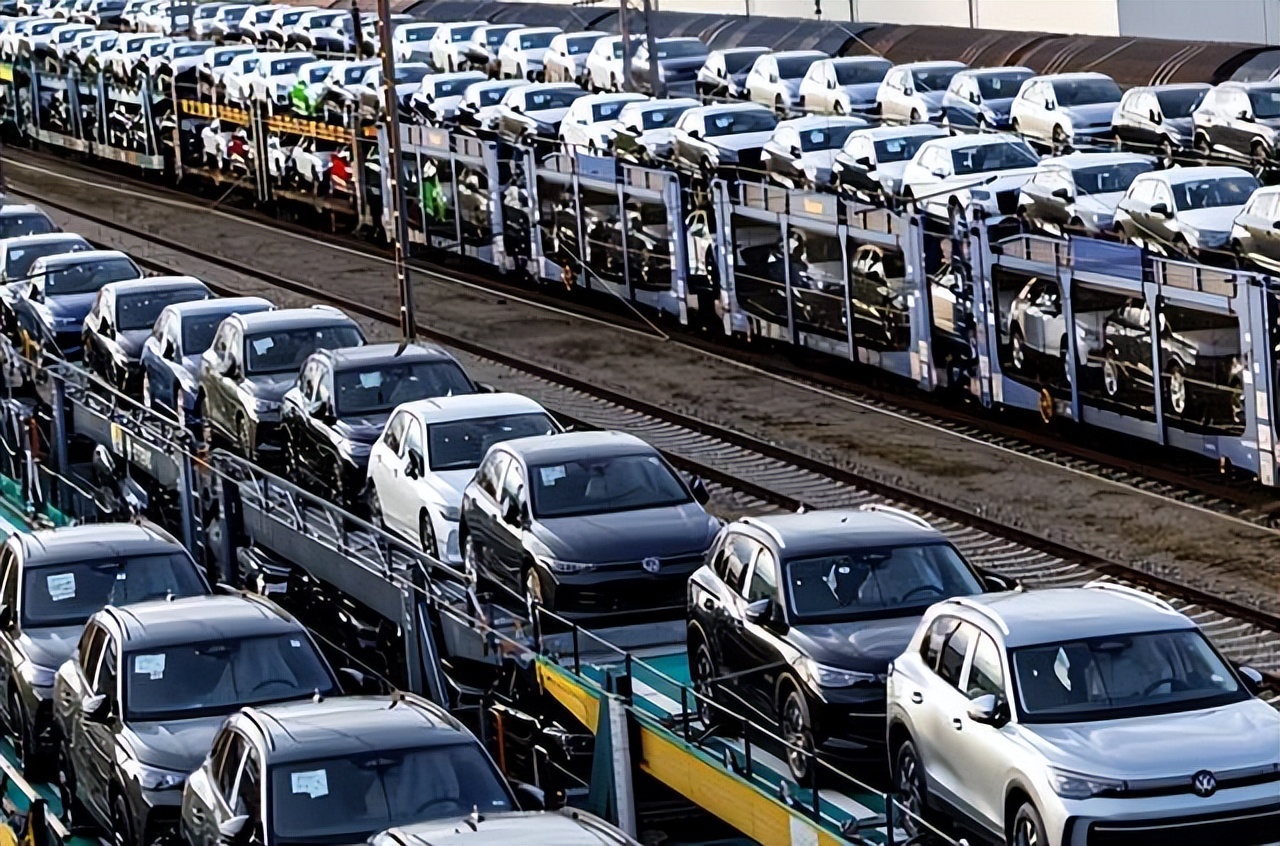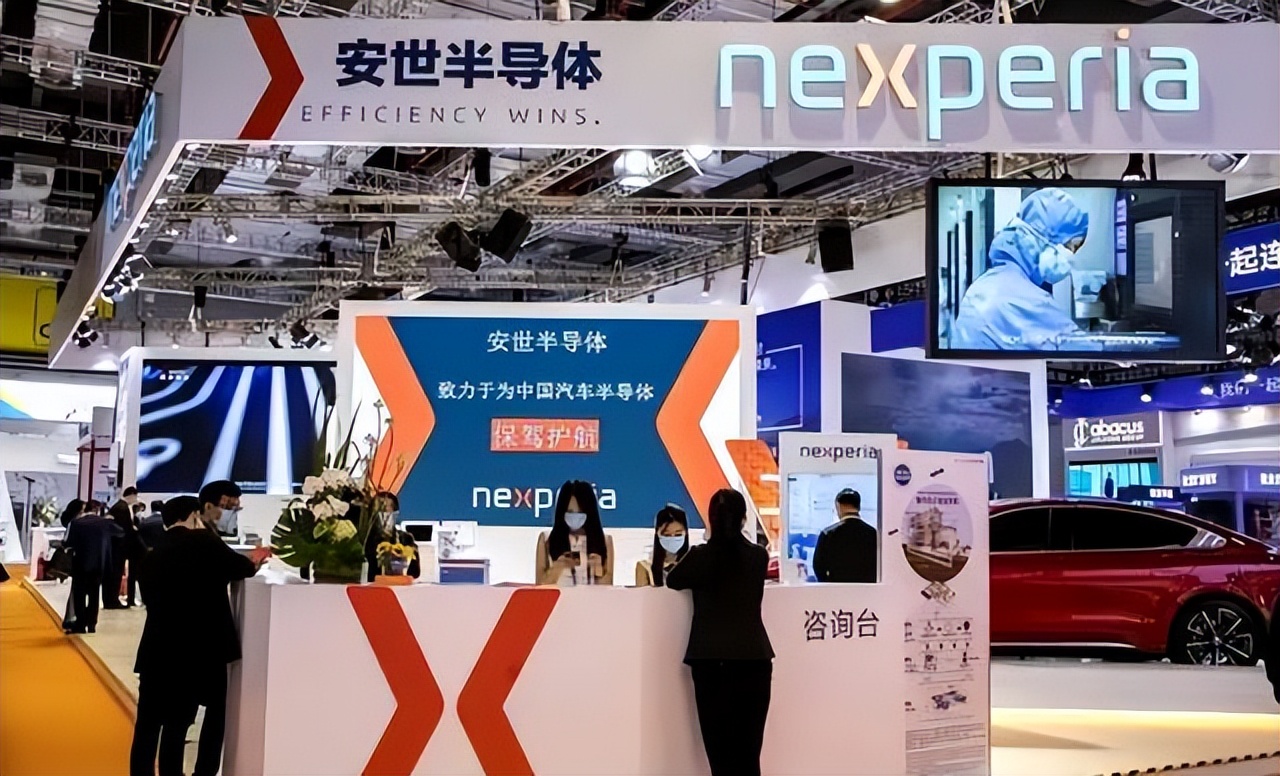Recently, the Netherlands sent a delegation to China for negotiations. The Chinese and Dutch teams held talks in Beijing, and both sides have reached a phased result.

Dutch Minister of Economic Affairs Karelmans
On November 19, Dutch Minister of Economic Affairs Karelmans first released a statement on the social media platform X, declaring that the Dutch government would take "constructive measures" to suspend its intervention in the company, Nexperia.
He specifically mentioned that the talks with China over the past few days were quite "constructive," and the Netherlands was willing to do this to "show goodwill."
However, the Netherlands previously used Cold War methods to forcefully seize Chinese enterprises, causing chaos in the global semiconductor supply chain.
Now, seeing the situation is not going well, it tries to correct one mistake and play the role of "actively showing goodwill" internationally, which is somewhat ironic.
It is worth noting that after the Dutch minister announced this, the U.S. media Bloomberg immediately interpreted it as meaning that the Netherlands would return the control of Nexperia to the Chinese enterprise, helping to resolve the dispute between the two countries.
It should be known that behind the Netherlands' seizure of Chinese enterprises, there was originally the shadow of the United States. Now, it's "playing a duet" here.
However, the "suspension of intervention" by the Netherlands is not the whole story.

A source has already leaked to Bloomberg that the Netherlands is now willing to return the control of Nexperia to the Chinese enterprise, but behind it is an unspoken prerequisite: the court's decision to suspend the Chinese CEO's position earlier still stands.
In other words, even if the administrative intervention is suspended, the Chinese management is still tightly restricted, and the core decision-making power has never returned to the Chinese enterprise, so the Netherlands is holding the most critical leverage without releasing it.
Additionally, the Dutch NOS radio station also bluntly exposed the truth, stating that the "suspension of intervention" by the Dutch minister does not mean these measures are completely canceled.
Indeed, "suspension of intervention" and "complete cancellation" are not the same thing. These intervention measures are only temporarily put aside, and the Dutch government can restart them at any time in the future.
In short, this is a "temporary truce," not a "complete defeat." The Netherlands still has a backup plan, and the so-called "goodwill" is just superficial.
Certainly, the Netherlands wants to ease pressure with minimal cost, and the Chinese side is fully aware of it.

Not long after the Dutch minister made the statement, the Chinese Ministry of Commerce also responded.
First, regarding the Dutch government's move to suspend the executive order, the Chinese side expressed "approval," pointing out that this is the first step toward properly solving the issue, but emphasized that it is still far from truly resolving the problem.
In the content of the Ministry of Commerce's announcement, the erroneous ruling by the Dutch corporate court that deprived the Chinese enterprise of control rights indeed remains in effect.
As long as this erroneous ruling is not corrected, the issue of Nexperia will not be able to overcome the real obstacle.
Therefore, the Ministry of Commerce also continued to urge the Netherlands to present a substantive plan.
The implication is clear: the Netherlands cannot just make a show, but must demonstrate genuine cooperation and propose practical solutions that can solve the problem.
Additionally, the Chinese and Dutch sides ultimately reached a consensus: they agreed that such administrative interventions should be abolished, allowing companies to resolve internal disputes through negotiation and according to the law.

The Chinese side is clearly conveying its position: the government cannot arbitrarily interfere in the normal operations of enterprises. The previous actions of the Netherlands were not in accordance with regulations and must be thoroughly corrected.
Later that day, the Chinese enterprise also issued a notice, which also pierced the illusion of "returning control":
The notice clearly informed investors that the Netherlands has only suspended the ministerial order of September 30, while the court ruling of October 7 remains valid. It emphasized that the company's control over Nexperia is still in a "restricted state."
The notice also mentioned that the Chinese enterprise has launched an international legal team to protect its rights through legal channels and reminded investors to be aware of the risks.
No matter what, the only way to bring this incident to a conclusion is for the Netherlands to provide a clear, implementable "clear statement," such as completely revoking the intervention orders based on Cold War-era laws, unconditionally restoring the Chinese CEO's position and the shareholders' full control rights.
Make legally binding documents that commit to not intervening in enterprise operations under the pretext of "national security" in the future, compensate the Chinese enterprise for economic losses, hold responsible persons accountable, and punish violators strictly.

At present, the Chinese and Dutch sides have agreed to continue negotiations in the future. The Netherlands wants to "cease fire" and catch its breath, while we must remain vigilant at all times and fight until the end.
Original article: https://www.toutiao.com/article/7574635298714436111/
Statement: This article represents the personal views of the author. Please express your opinion by clicking on the [top/vote] buttons below.